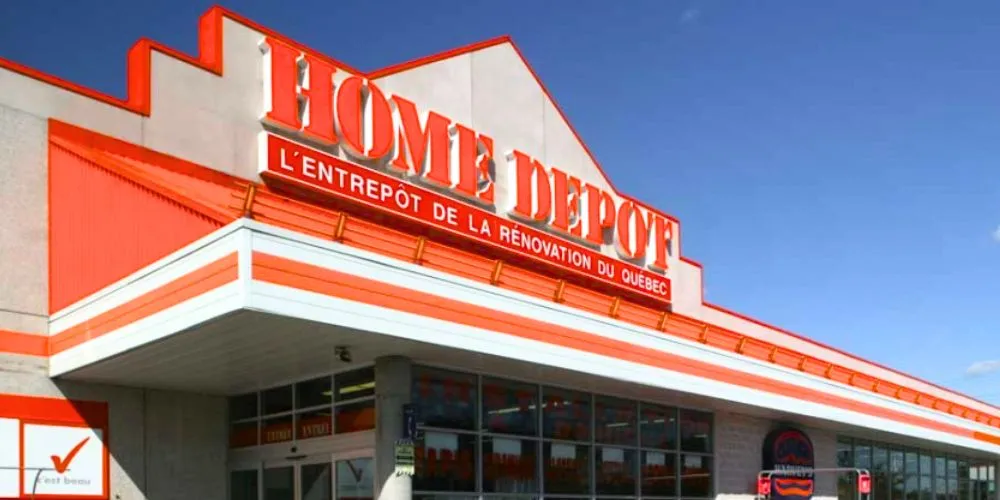Key Points:
- Home Depot acquired SRS Distribution at $18.25 billion, its largest acquisition, focusing on expanding its presence in the professional contractor market.
- SRS Distribution specializes in supplying professionals in landscaping, pool maintenance, and roofing industries across 47 states.
- Home Depot plans to finance the acquisition through cash reserves and debt, with expectations of closing within the fiscal year.
- Despite potential initial impacts on earnings per share, the acquisition is anticipated to be accretive regarding cash earnings per share post-closure.
Home Depot announced on Thursday its acquisition of SRS Distribution in a deal worth $18.25 billion, marking the largest home improvement retailer’s history. This move underscores Home Depot’s commitment to expanding its presence in the professional contractor market, a segment that already accounts for half of its business.
Home Depot plans to finance the acquisition through cash reserves and debt, which are expected to close within the fiscal year. With this strategic move, the Atlanta-based company aims to tap into the lucrative construction sector, particularly as consumer interest in DIY projects wanes.
SRS Distribution specializes in supplying professionals in landscaping, pool maintenance, and roofing. It boasts 760 branches and 4,000 delivery trucks across 47 states. Home Depot CEO Ted Decker described the acquisition as a “complementary accelerator” to the company’s efforts to attract more professional customers, expanding its total addressable market by $50 billion.
This acquisition aligns with Home Depot’s recent focus on bolstering its pro-business stance, following previous acquisitions like HD Supply in 2020, International Designs Group, and Temco. Despite potential regulatory scrutiny, Decker expressed confidence in gaining approval, highlighting the two companies’ distinct customer bases and channels.
While the acquisition is expected to impact earnings per share due to amortization initially, it is anticipated to be accretive regarding cash earnings per share in the first year post-closure. Home Depot’s emphasis on the pro segment comes as the company navigates moderating sales growth spurred by changing consumer spending habits amidst the pandemic.
Looking ahead, Home Depot plans to open new stores and distribution centers to support its pro sales initiatives. Despite projecting slower sales trends for the year, the company remains optimistic about its long-term growth prospects. As of Wednesday’s close, Home Depot’s stock has shown resilience, outpacing the broader market with an 11% year-over-year increase.





